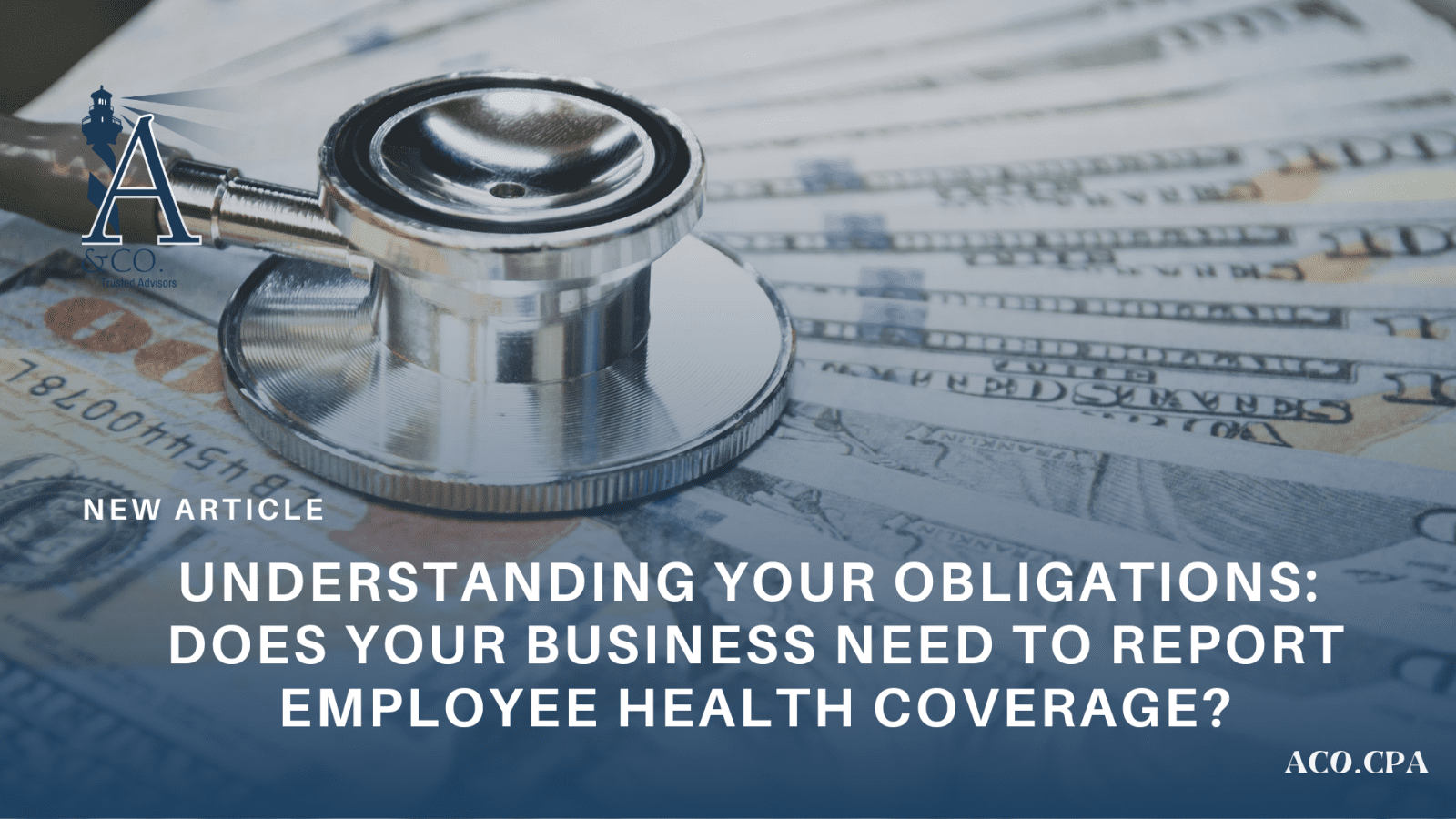Offering employee health coverage is a key component of many companies’ benefits packages, but managing the associated reporting requirements can be challenging. A major part of this involves understanding what federal agencies like the IRS require from your business. Here’s a breakdown of what you need to know about reporting employee health coverage.
When is Reporting Required?
Under the Affordable Care Act (ACA), businesses with 50 or more full-time employees (referred to as “Applicable Large Employers” or ALEs) have specific reporting obligations. ALEs are required to use Forms 1094-C and 1095-C to report details about health insurance offers and employee enrollment.
- Form 1094-C: This form summarizes information for all employees and transmits individual Forms 1095-C to the IRS.
- Form 1095-C: This form provides detailed information about each employee’s health coverage and is used to determine if the employer is meeting the ACA’s employer shared responsibility provisions (the employer mandate).
If a business fails to offer affordable, minimum essential coverage that meets minimum value to all full-time employees and their dependents, it could face penalties. Form 1095-C also helps determine whether employees are eligible for premium tax credits.
If your business has fewer than 50 full-time employees (including full-time equivalents), it’s not considered an ALE and is generally not subject to these reporting requirements or the employer mandate for the current year.
What Information Needs to Be Reported?
On Form 1095-C, ALEs must provide the following information for each full-time employee who was eligible for coverage during the year:
- Employee’s name, Social Security number, and address
- Employer’s EIN (Employer Identification Number)
- Employer contact person’s name and phone number
- Description of the health coverage offered (using specific IRS codes) and the months it was available
- The cost of the lowest-priced minimum-value health plan offered to the employee
- The applicable safe harbor codes under the employer mandate penalties
What If We Have a Self-Insured or Multi-Employer Plan?
If your business offers health coverage through a self-insured plan, additional information must be reported on Form 1095-C. A self-insured plan may include options that are both insured and self-insured.
If your business participates in a multi-employer health plan, the reporting duties may fall to the insurance issuer or the plan sponsor providing the coverage to employees. For businesses that offer self-insured coverage but are not subject to the employer mandate, Forms 1094-B and 1095-B are used instead of Forms 1094-C and 1095-C.
If your business is part of an aggregated ALE group or uses a multi-employer plan, the reporting process can become more complex, so careful attention is needed.
W-2 Reporting Requirements
Employers are also required to report certain health coverage information on employees’ Forms W-2, but this information is not the same as what’s reported on Form 1095-C. It’s important to note that reporting this information on a W-2 does not make employer-provided health coverage taxable; it’s strictly for informational purposes.
Stay Compliant
This overview simplifies the reporting requirements under the ACA, but compliance can be complex, especially if your business structure or health plan is more intricate.
If you have any questions or need assistance in meeting these reporting obligations, feel free to contact us for guidance. Our experts can be reached at (203) 925-9600 or email, [email protected].



